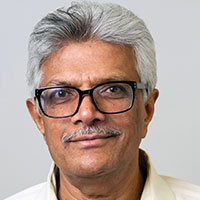

The phenomenon of multidrug resistance (MDR) in cancer is multifactorial and several different mechanisms are involved in the development of intrinsic or acquired resistance to chemically different anticancer drugs. The expression of ABC drug transporters is one of the main causes of cancer chemoresistance. Recently, tremendous progress has been made in understanding the mechanism of drug transport by these ABC drug transporters. In addition, several studies have demonstrated that the unique tumoricidal effects of photodynamic therapy (PDT) can overcome cancer drug resistance and sensitize tumor cells to standard therapies. Photodynamic therapy involves light activation of a drug, called a photosensitizer, to generate a reactive molecular species that kills cancer cells or modulates the tumor microenvironment. PDT can not only be used as a local treatment but can also trigger potent systemic antitumor activity. This symposium will highlight several promising therapies including use of repurposed drugs, dual inhibitors, PDT, and nanomedicine to overcome MDR to improve the efficiency of both standard and multi-modality therapeutics to combat cancer.
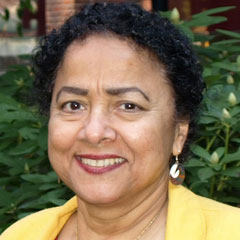
Harvard Medical School
Boston, MA

University of Pennsylvania
PA
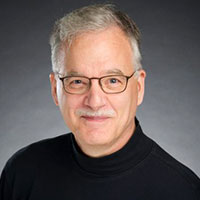
St. Jude Children's Research Hospital TN
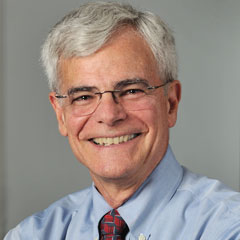
NCI/NIH
MD
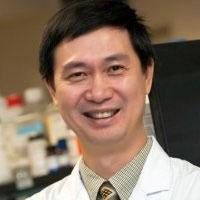
St. John's University
NY